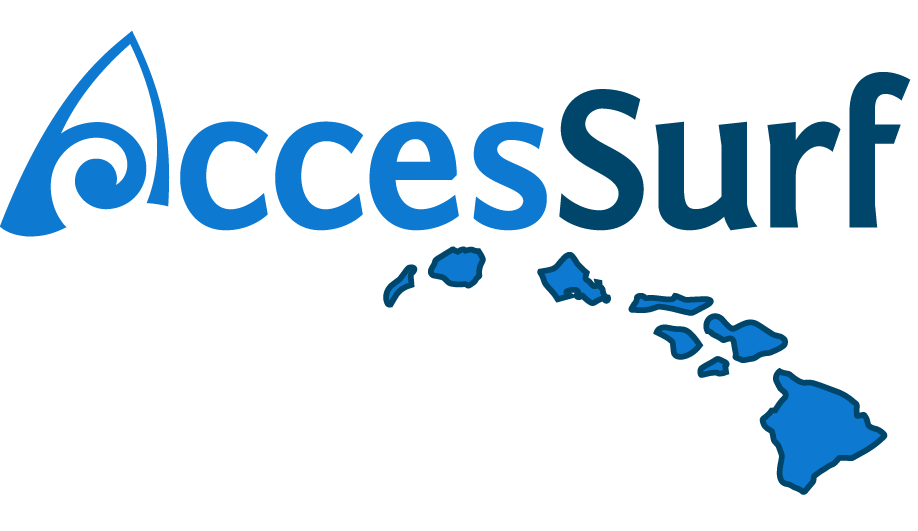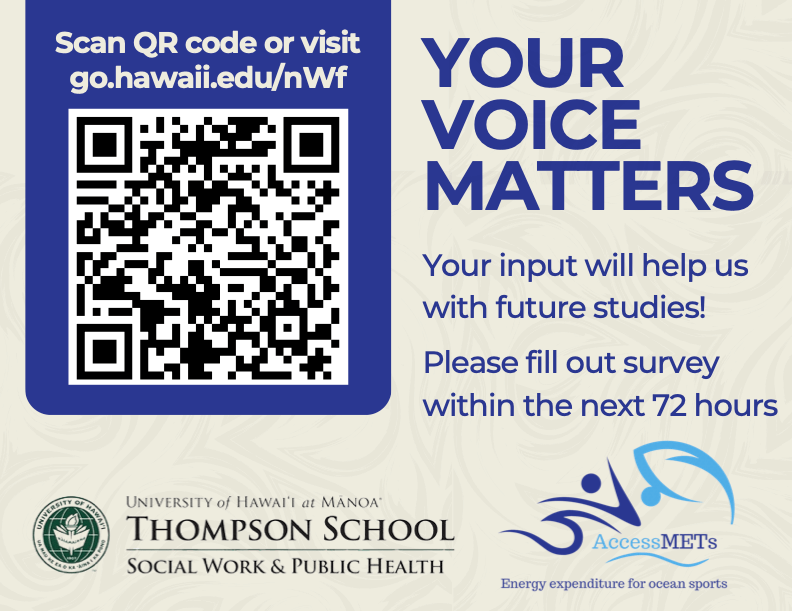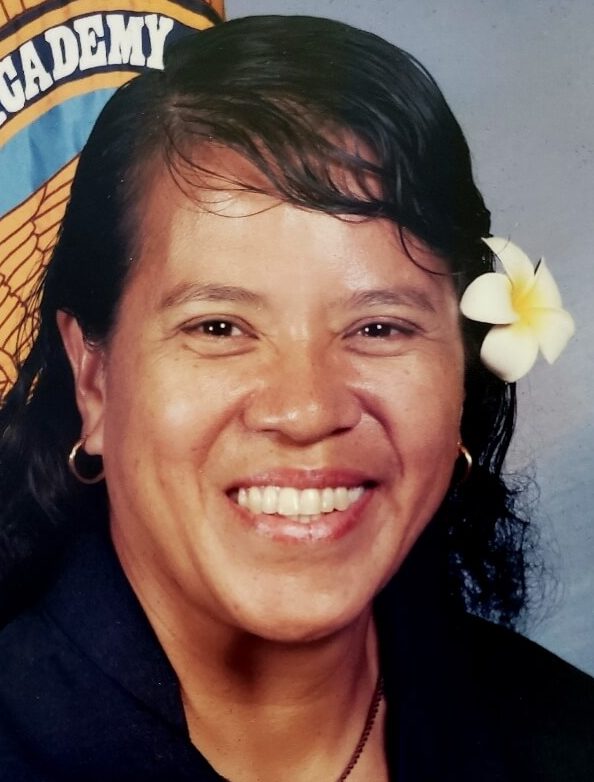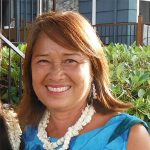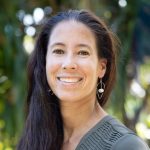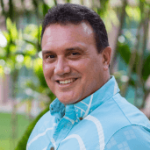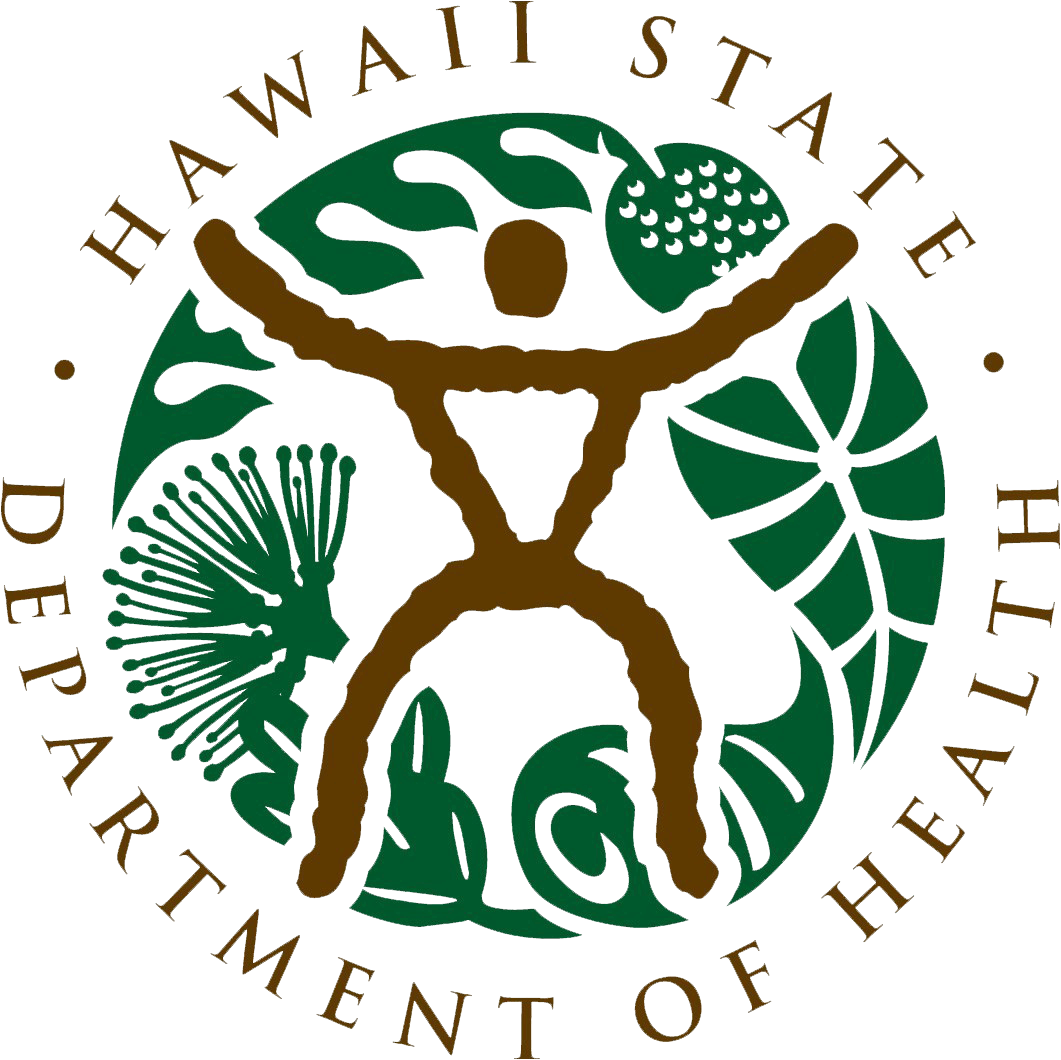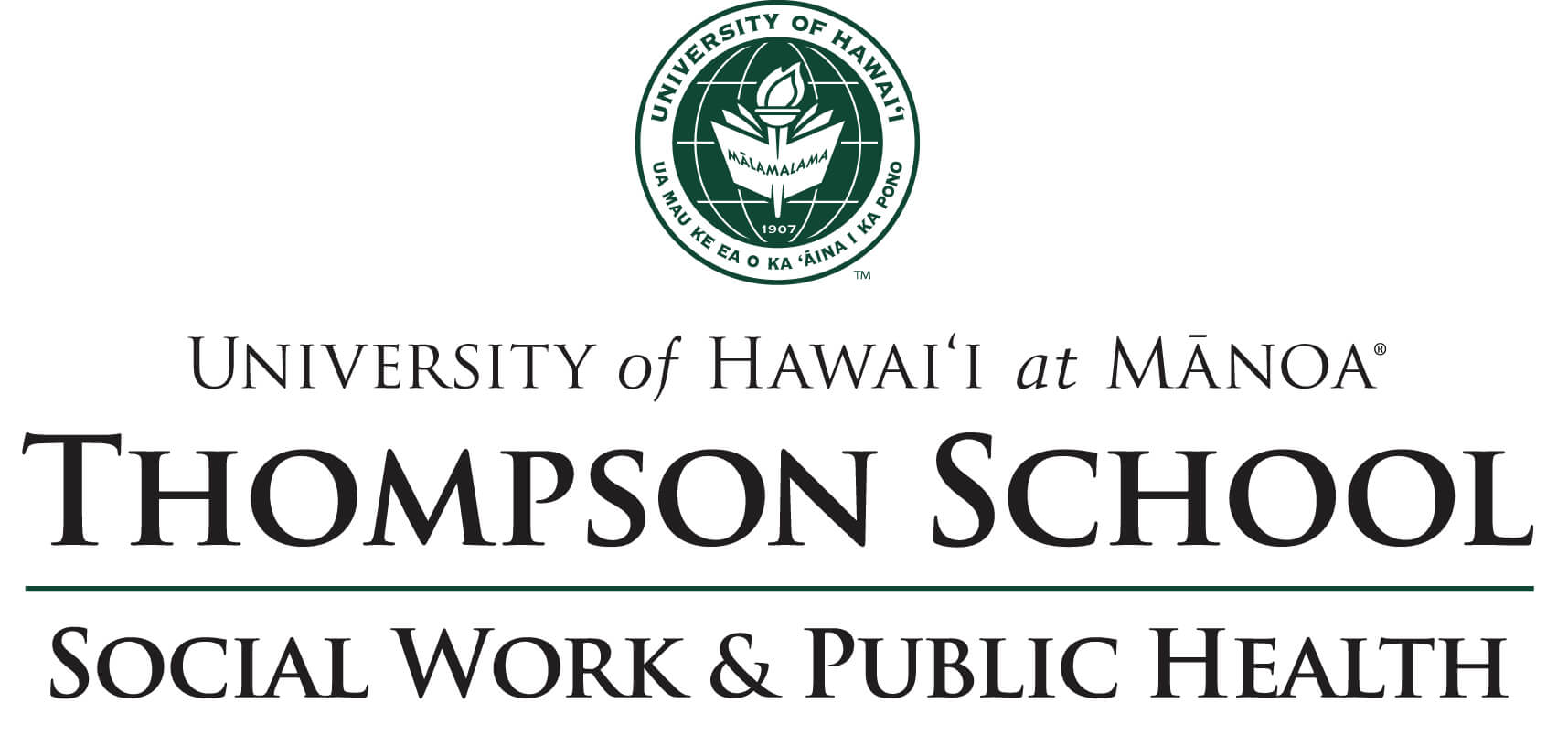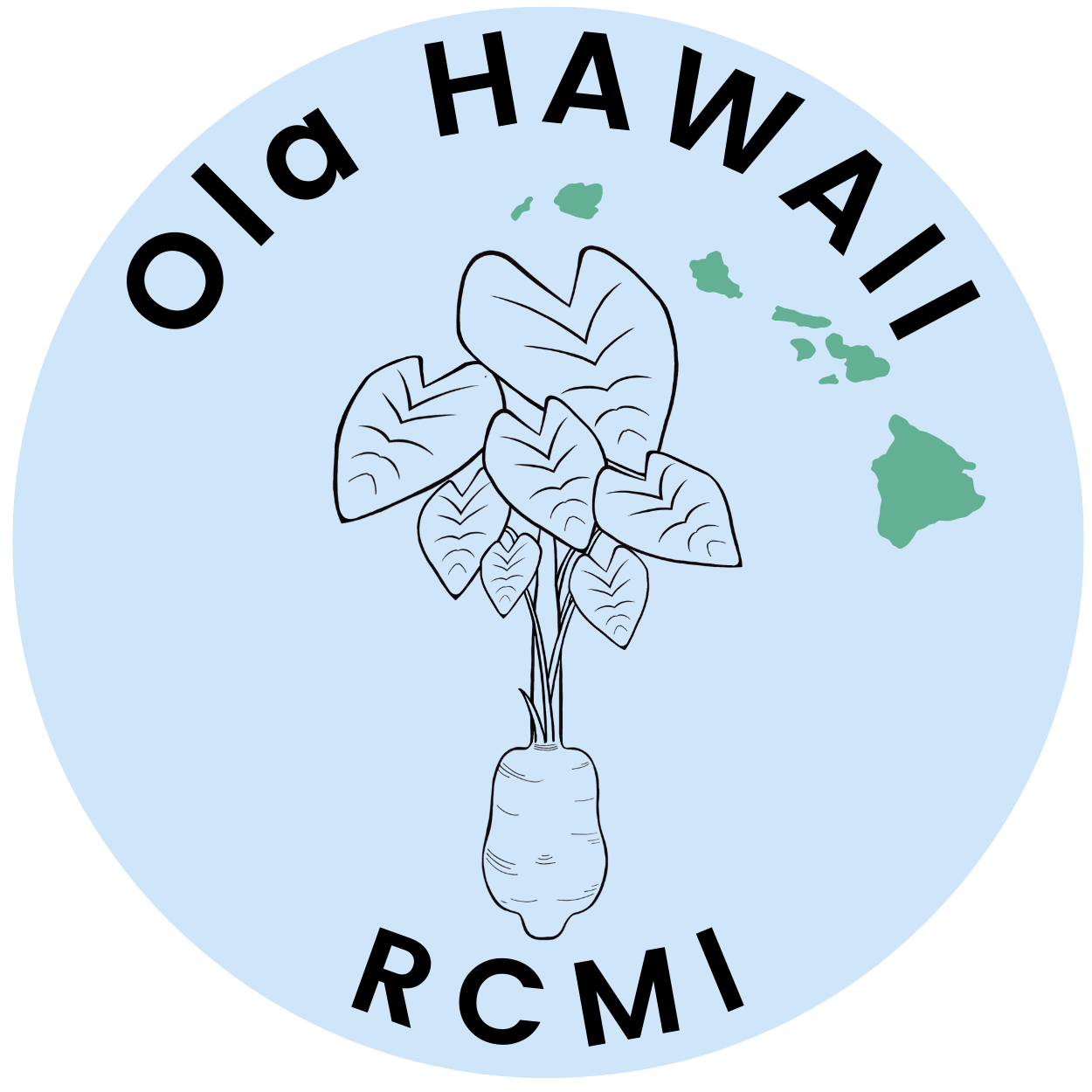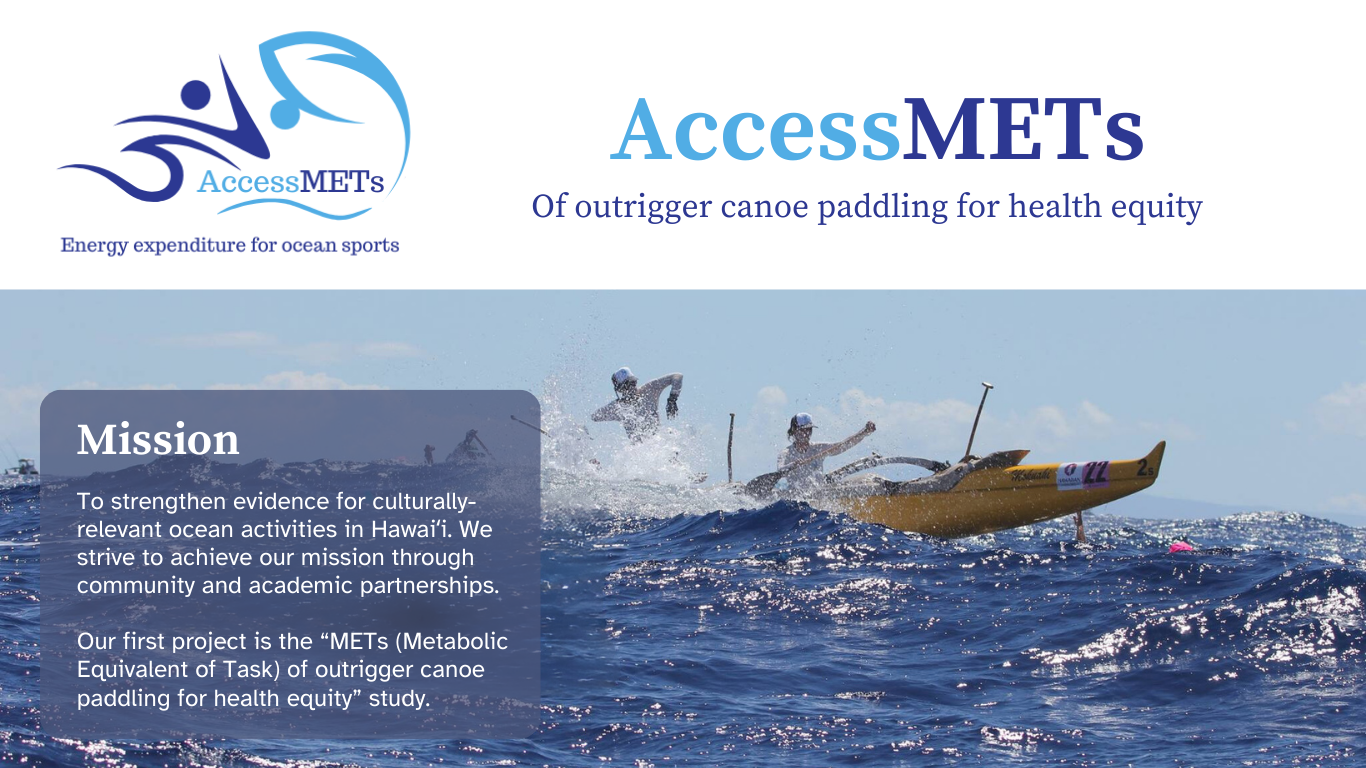
Why might AccessMETs be of interest to you?
While many sports and activities, such as walking, running, or lifting, have established their metabolic equivalents (METs), outrigger canoe paddling has yet to be measured for METs energy expenditure. You may already know that when you engage in paddling you create energy expenditure. However, establishing the corresponding METs will be instrumental in demonstrating the scientific benefits of paddling, which is an important culturally-relevant activity in Hawaiʻi and beyond. This innovative project will establish METs for outrigger canoe paddling (recreational or competitive) for those with and without Spinal Cord Injury (SCI). We are thrilled for the opportunity to have Hawai’i steer this work!
This project is inspired by and modeled after the amazing work over many decades in hula. To learn more about the groundbreaking work by that phenomenal team please go here or here or here.
What is the story of this project?
In 2016, Simone Schmid, the project lead, was a PhD student in public health working in collaboration with AccesSurf, an organization that builds an inclusive community that empowers people with disabilities through accessible beach and water programs. At a brainstorming session in planning her dissertation to address topics of community value, the lack of METs (energy expenditure) for paddling and surfing for both those with and without disabilities was identified as a need and a scientific gap. However, this necessitated specialized equipment and funding that were not available at that time. Dr. Schmid graduated in 2021 and began an innovative postdoctoral fellowship. Now the pieces have come together! This project is a huge milestone for Dr. Schmid’s long-term mission to have canoe club memberships covered by health insurance.

METs Study Team
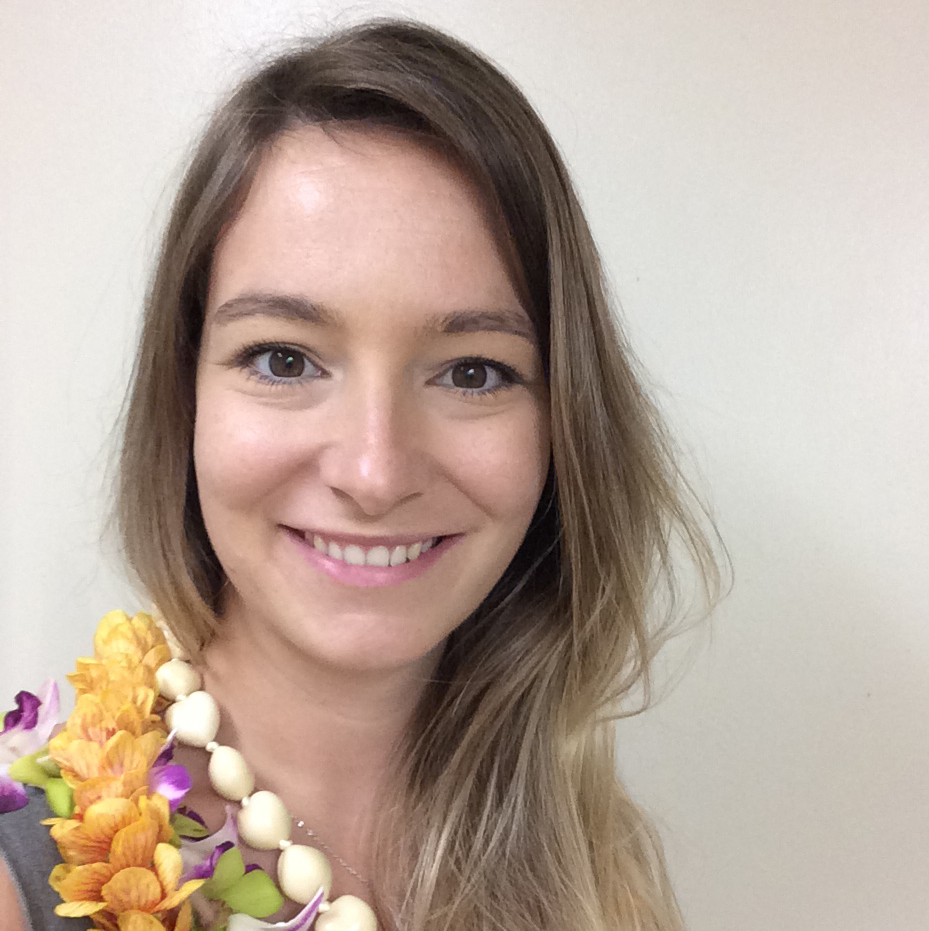
Simone M. Schmid
(Principal Investigator)
Postdoctoral Researcher, University of Hawaiʻi and the Hawaiʻi State Department of Health
Dr. Simone Schmid is responsible for this project in her postdoctoral research role. She is an open women’s paddler, six-times Na Wahine O Ke Kai participant, and was a paddling member of OCUK, England and Malmö, Sweden. She was the United Nation’s Dragonboat coach in 2013 in Copenhagen. Dr. Schmid has been involved in AccesSurf as a volunteer, participant-mom, staff member, lead grant writer, and evaluator since 2011.
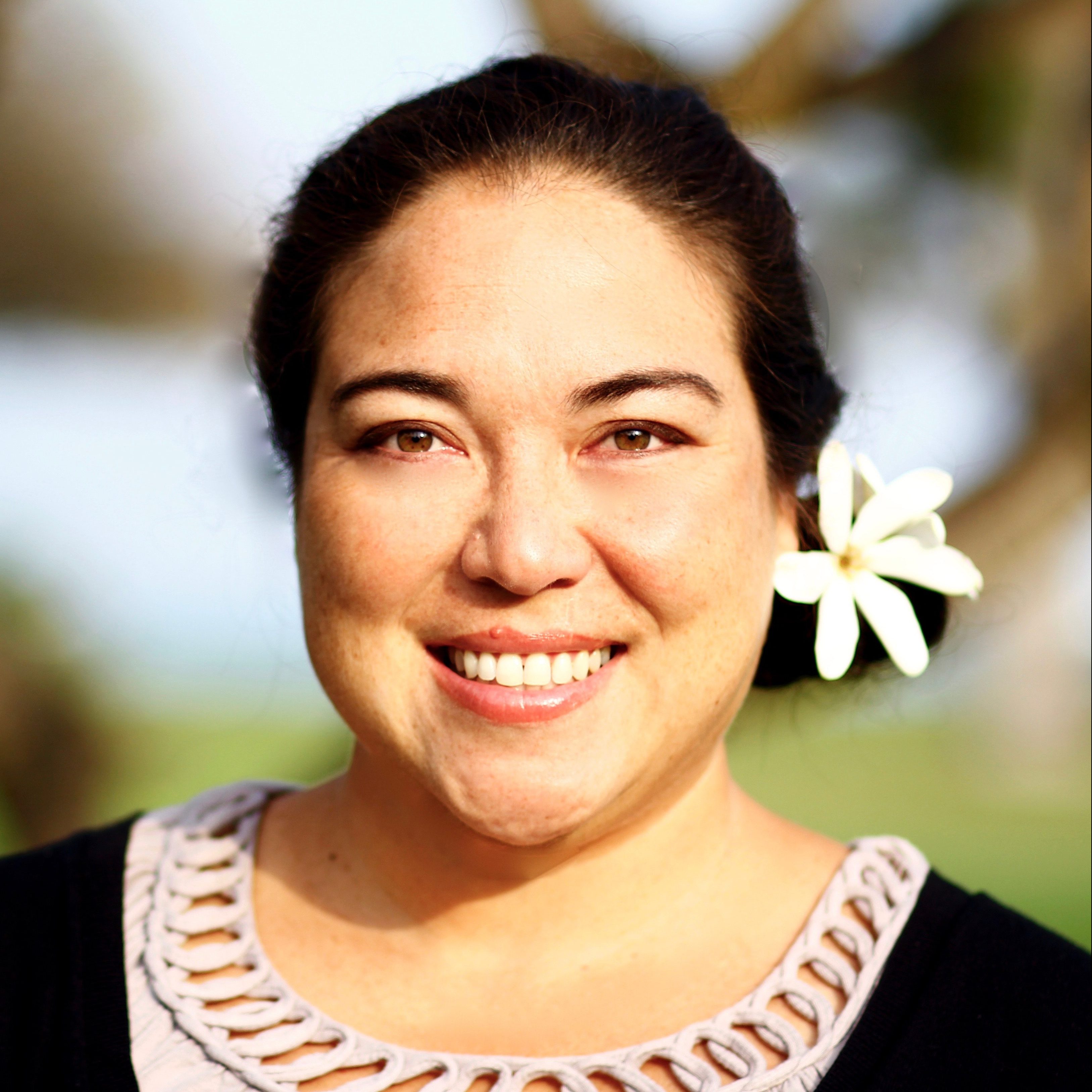
Ann Yoshida
(Co-Principal Investigator)
Director of Training and Innovation, AccesSurf Hawaiʻi
Dr. Ann Yoshida is a Doctor of Occupational Therapy, Inductee of the Hawaiʻi waterman of Fame (2018), first Hawaiian Paralympian in Paracanoe and Parakayak, world champion adaptive surfer and paddler. She is AccesSurf’s Director for Innovation and Training, and developer of the classification system for adaptive surfing programming.
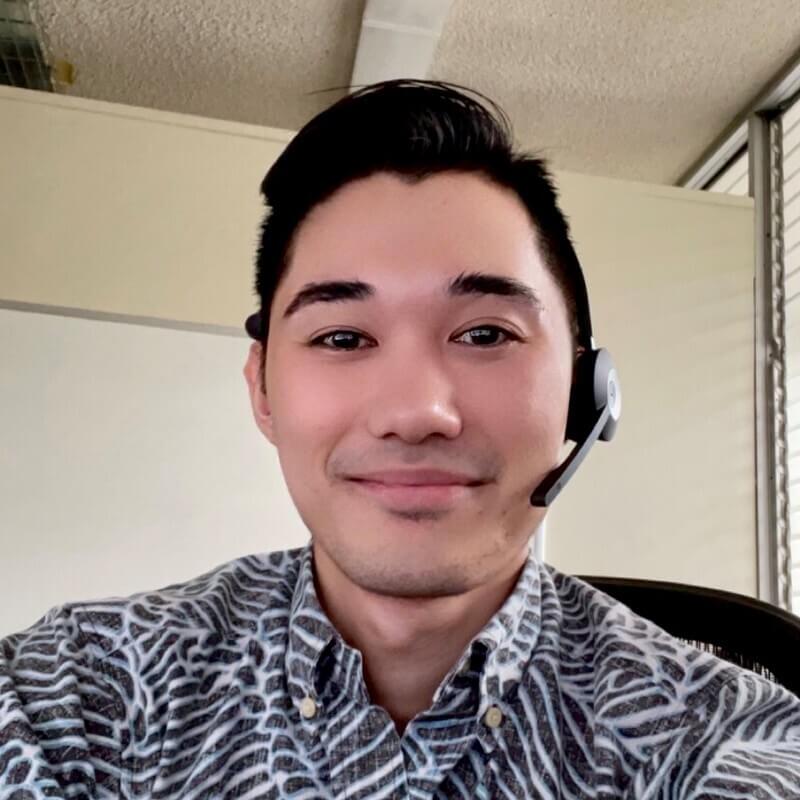
Lance Ching
(Co-Principal Investigator)
Epidemiologist, Hawaiʻi State Department of Health, Chronic Disease and Health Promotion Division
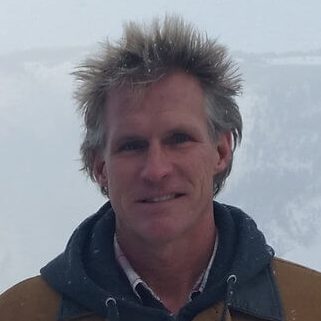
Daniel P. Heil
(Expert)
Professor, Montana State University
Dr. Dan Heil is also a Fellow of the American College of Sports Medicine. Dr. Heil’s research focuses on determinants of human health, energy expenditure, and work performance during free-living, recreational, occupational, and sport-related activities. As such, his research often includes the use of wearable electronic monitoring devices and novel analytical strategies, as well as mathematical and statistical modeling. Dr. Heil’s has supported the development of METs for other activities involving minorities, such as Tinikling Dancing
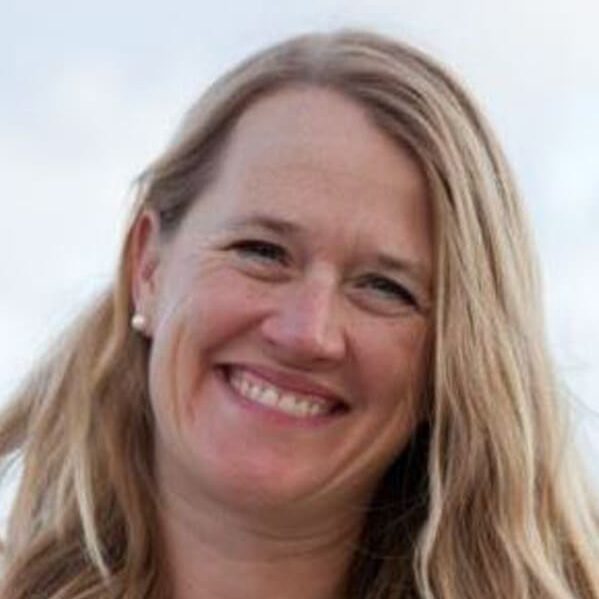
Tetine Sentell
(Mentor)
Professor, University of Hawaiʻi, Office of Public Health Studies
Dr. Tetine Sentell is an internationally recognized scholar with over 25 years of research experience in understanding and addressing health inequities at the individual, family, and community-level from a strengths-based perspective.
“All my career was built around physical activity and health—not knowing it would lead here. I fell in love with paddling in 2010. I am thankful for all my coaches and paddling communities for what they taught me. I am grateful to finally have the opportunity to do this METs project alongside the community and amazing paddlers. Mahalo nui to everyone who has made it possible!” — Simone Schmid
Community Advisory Hui
Our team wants to ensure that the paddling community has a strong voice in this project. We are fortunate and grateful that four deeply respected paddlers advise us and share their opinions on our Community Advisory Hui.
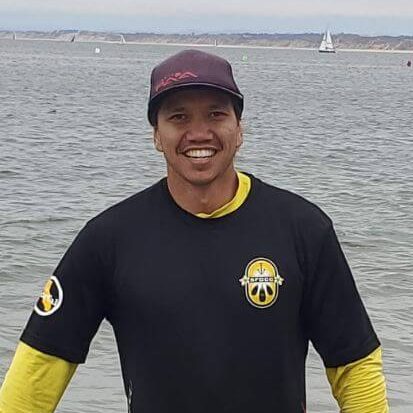
Chauncey Codey
- Competitive Paddler
- Kai Koo Team Rider
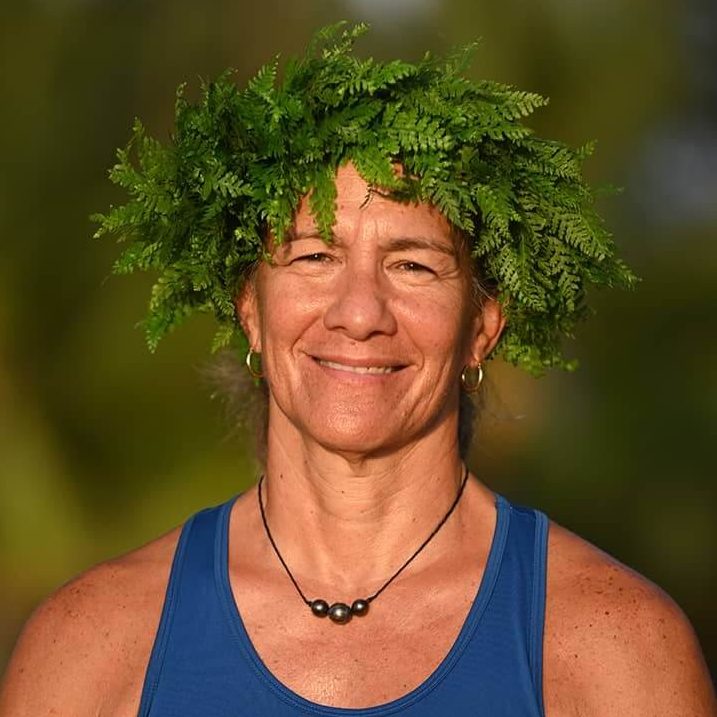
Donna Kahiwaokawailani Kahakui
- Competitive Paddler
- Hawai‘i Waterman Hall of Fame Inductee
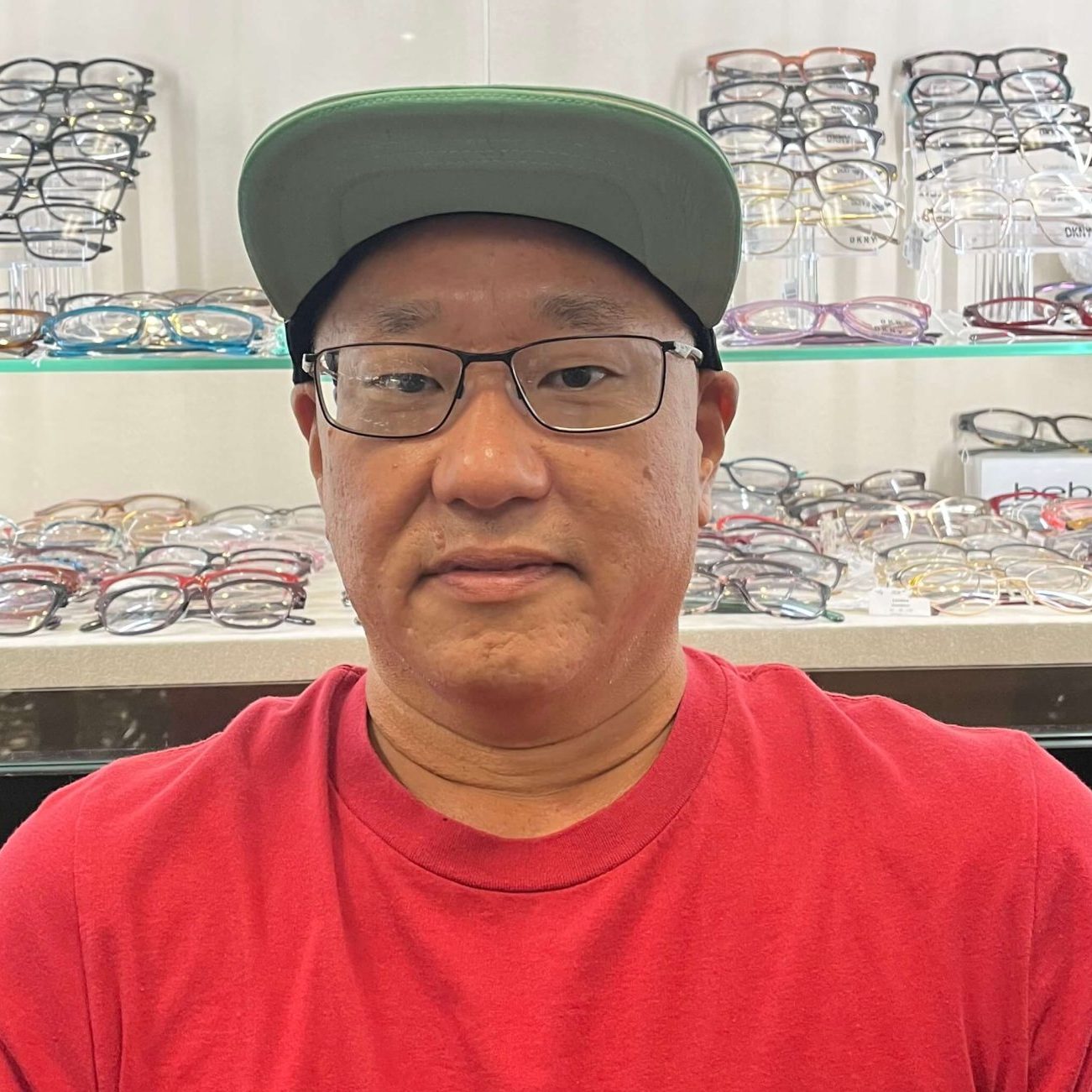
Todd Iwasaki
- Adaptive paddler since 2011
- Pure Light Racing Team Member
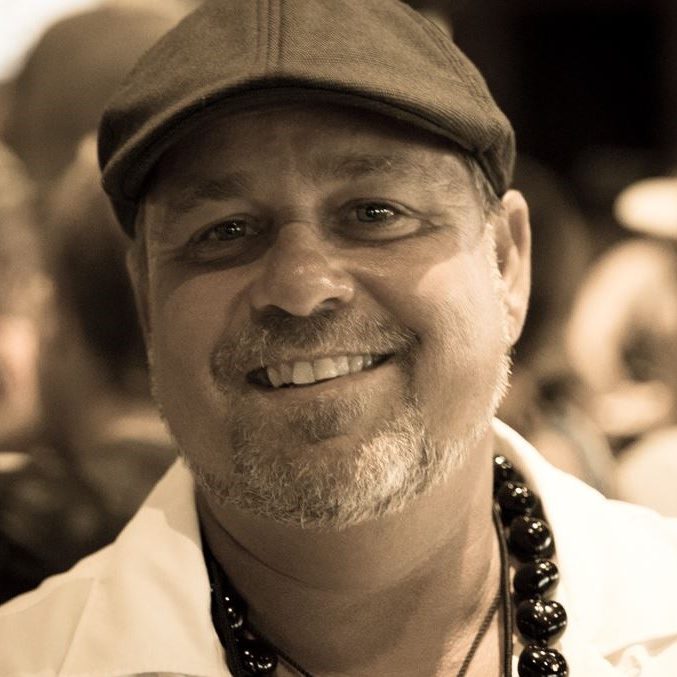
Rich Julian
- Adaptive paddler since 2002
- Co-Founder of AccesSurf in 2006
Community Liaison
Scientific Advisory Team
We are deeply grateful and honored to have a Scientific Advisory Committee of internationally recognized experts to support our research project design, analyses, and next steps.
What is in it for you?
We hope this will be an exciting community experience! Research results will benefit the entire paddling community. Interested participants can receive your own individualized report on data collected about you at the event. Additionally, study paddlers will be provided lunch and a small makana (gift).
Future Plans: We will share results and next steps with the paddling community at future events! To be on the list please email: AccessMETs@gmail.com or info@accesSurf.org
Who can participate and when?
Overall, we are looking for paddlers with and without Spinal Cord Injury (SCI). Any paddler aged 18 years and older is welcome. Participants should be comfortable paddling for 30 to 45 minutes or longer (at various intensities) without undue fatigues, should be open to wearing a VO2 mask, and be available for about 1-2 hours on either:
- Thursday, March 7th, 4-7pm (*for competitive paddlers who participate in Koa Nui on March 9th and 10th only)
- Saturday, March 9, 2024, 8am-2pm (males)
- Sunday, March 10, 2024, 8am-2pm (females)
For this study, we have specific guidelines about participation to ensure both safety and scientific rigor. This study will use OC6 (6 person outrigger canoes). The guidelines for paddlers are below. We hope to include other types of participation in future projects.
| Paddlers | Paddlers with a Spinal Cord Injury |
|---|---|
| Recreational paddler: You have paddled at least once a month for 6 out of the last 12 months BUT do not meet criteria as an athletic paddler (see below). You might have been a competitive paddler, but you do not compete currently (within the last year). | Adaptive recreational paddler: You have paddled at least once for 6 out of the last 12 months BUT you do not meet criteria as an athletic paddler (see below). |
| Competitive paddler: You have trained, competed, and qualified as a competitive paddler within the last year (2023-2024), e.g. in regatta, long-distance, and/or OC1 races. | Adaptive competitive paddler: You are an active member of the Pure Light Racing Team AND/OR have participated AND/OR trained for an adaptive or inclusive paddling competition within the last 12 months. |
If you are not certain if you meet guidelines, please reach out to our team at: AccessMETs@gmail.com or info@accessurf.org
How can I sign up?
Study paddlers must sign up in advance to confirm eligibility and safety protocols are followed. We are sorry, but no one who shows up at the beach on event days without signing up through the process noted below can paddle. Since participation is part of an exciting research study, there will be paperwork involved to ensure safety and study eligibility. We appreciate your time and engagement!
- Step: I want to paddle! Fill out the interested paddlers form. After you complete and submit the above form you will receive an email to inform you of your eligibility. If eligible, we will send the additional forms for step 2.
- Step: I am eligible to paddle! Complete registration forms and waiver. If eligible you will be asked to complete some forms and register for the event to confirm participation. We will send you an email that will walk you through these steps and you can also contact AccessMETs@gmail.com or info@accesSurf.org
- Step: It’s event day! Attend the event!
- Event check-in
- Calibrate VO2Master to your body by height and weight
- Expect to Paddle for 45 minutes
Supporters are welcome at this community event. As noted above, only those who are signed up in advance are able to participate in the study and paddle.
Event details

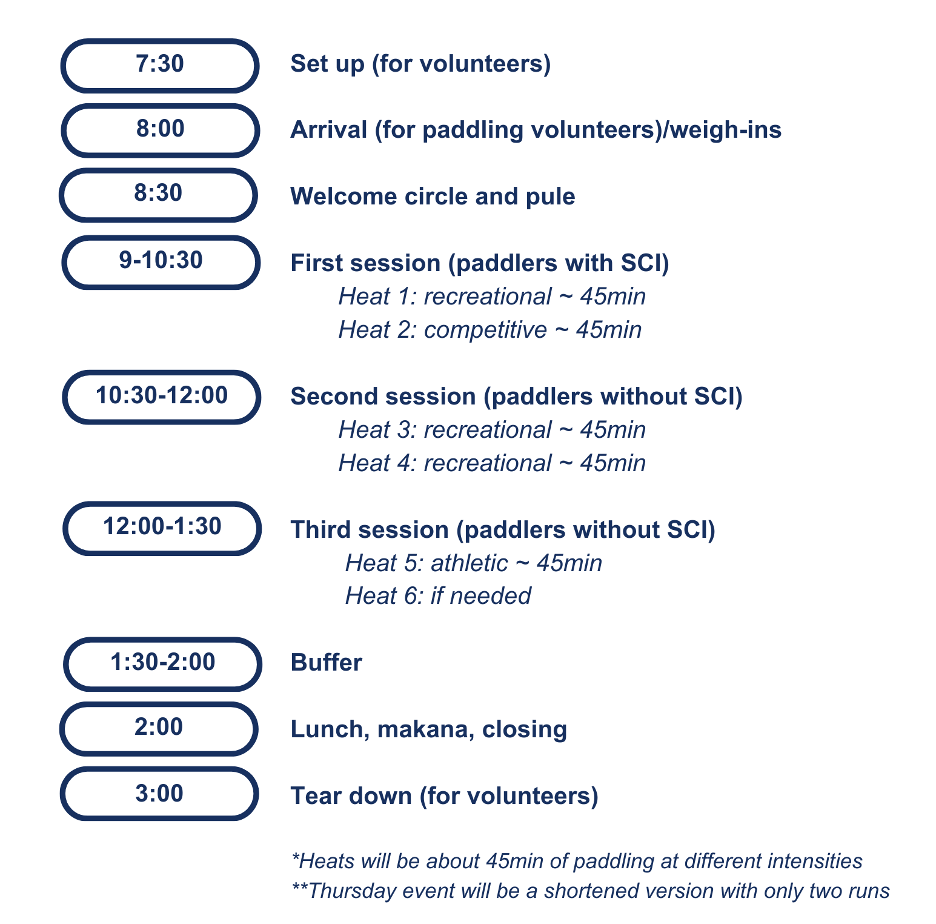
Study Details
- This study was approved by the IRB Board at the University of Hawaiʻi at Mānoa, Office of Research Compliance’s Human Studies Program (UH IRB # 2023-00180).
- This project is supported by Ola HAWAII, a federally funded Research Center in Minority Institutions (RCMI) NIH/NIMHD U54MD00760 and AccesSurf.
- If you want to support AccessMETs, please donate here: and please include “AccessMETS”.
- Follow us on instagram
